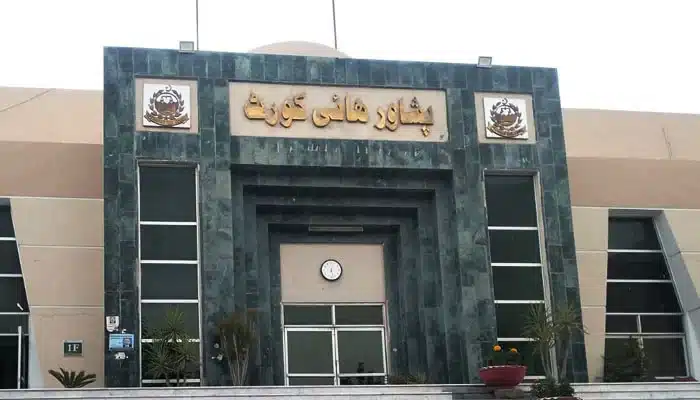TikTok says it hasn’t received reports on blasphemous content.
Video app says it has provided access of dedicated portal to PTA.
We have reached to PTA to report relevant content, says TikTok.
PESHAWAR: TikTok has shifted the onus of blasphemous content’s removal to the Pakistan Telecommunication Authority (PTA), saying that it takes down videos after receiving complaints from the regulator.
In a letter written to the Peshawar High Court (PHC), where a petition is filed against the app, TikTok said it has recently not received any escalations with respect to blasphemous content through the special portal.
A bench comprising Justice SM Atiq Shah and Justice Shakeel Ahmed is presiding over the critical hearing of the petition seeking to ban TikTok in Pakistan for its alleged blasphemous and immoral content.
The petition was filed by Advocate Imran Khan requesting the court to direct the respondents — PTA, Federal Investigation Agency (FIA), and Ministry of Information — to ban TikTok in Pakistan permanently for persistent breach of guidelines and violation of the Constitution.
In the previous hearing, the court directed the telecommunication regulator to ensure the removal of any blasphemous and objectionable material TikTok.
The video-sharing app, in its letter, said that TikTok has a strict policy with respect to Pakistan of taking the issue of blasphemous content with utmost seriousness.
“It is precisely because of this seriousness that TikTok has taken measures and provided special access to a dedicated portal to the PTA to report such content for expedited review by TikTok,” said the letter.
It said that the app blocks access to any content which violates Pakistan’s blasphemy laws reported through the portal, adding that it hasn’t received any escalations recently.
“Hence, having come across this news report, we have also reached out to PTA to invite them to report the relevant content, and we await their response in this regard,” the letter added.
The popular video-sharing platform TikTok was initially banned in Pakistan in October 2020. Since then, it has faced multiple bans, with authorities citing concerns over the promotion of immoral content.

